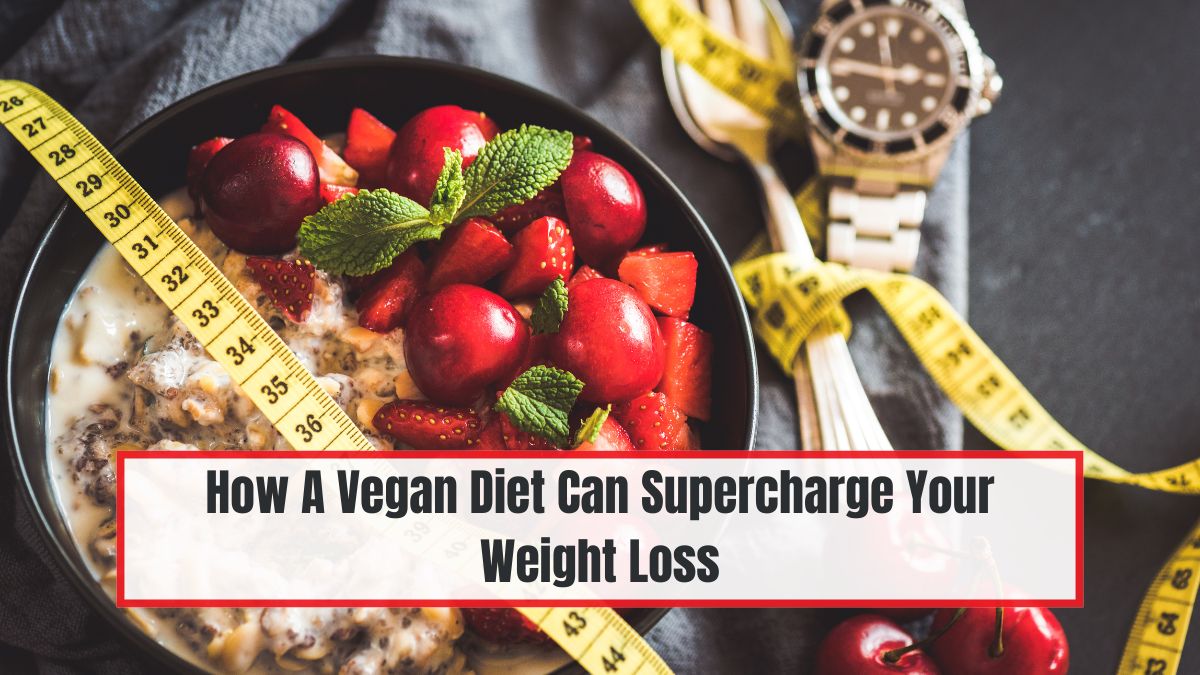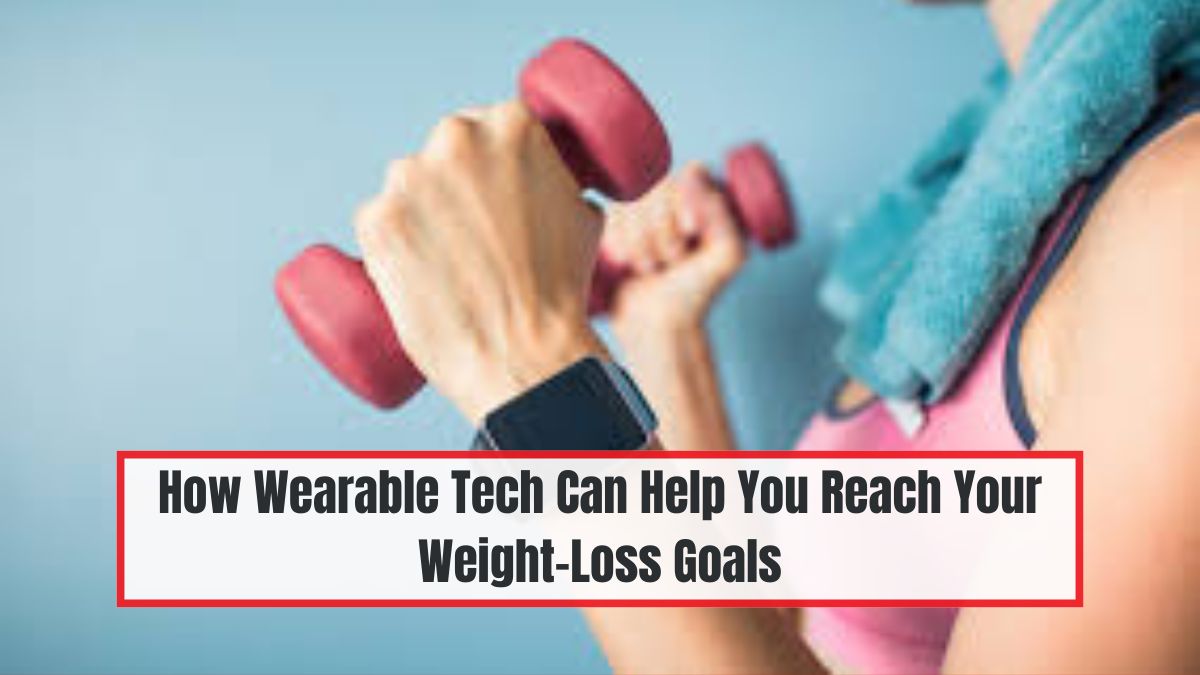Adopting a vegan diet has become an increasingly popular strategy for those aiming to lose weight effectively and sustainably.
By eliminating animal products and focusing on plant-based foods, individuals can experience significant health benefits, including weight loss.
This article delves into how a vegan diet can enhance your weight loss journey, supported by recent studies and data.
Understanding the Vegan Diet
A vegan diet excludes all animal-derived products, emphasizing foods such as fruits, vegetables, whole grains, legumes, nuts, and seeds.
This dietary approach is rich in essential nutrients, including fiber, vitamins, and minerals, while typically being lower in calories and saturated fats.
The Link Between Veganism and Weight Loss
Several mechanisms explain why a vegan diet may promote weight loss:
- High Fiber Intake: Plant-based diets are abundant in dietary fiber, which enhances satiety and reduces overall calorie intake.
- Lower Caloric Density: Vegan diets often consist of foods with lower energy density, allowing individuals to consume satisfying portions with fewer calories.
- Improved Insulin Sensitivity: Plant-based diets can improve insulin sensitivity and lower insulin levels.
Scientific Evidence Supporting Vegan Diets for Weight Loss
Recent research underscores the effectiveness of vegan diets in facilitating weight loss:
- Comparative Weight Loss: A meta-analysis of 1,151 participants revealed that those following vegan diets experienced greater weight loss compared to those on lacto-ovo-vegetarian diets.
- Caloric Reduction Without Restriction: Studies have shown that individuals on vegan diets consumed an average of 265 fewer calories daily than those on low-calorie diets, despite not being instructed to restrict calories.
- Enhanced Weight Loss Outcomes: Research indicates that participants adhering to vegan diets lost approximately 5.9 kilograms (13 pounds) over a specified period, regardless of the diet’s quality.
Nutrient Considerations in a Vegan Diet
While a vegan diet offers numerous benefits, attention to certain nutrients is essential:
- Vitamin B12: Since B12 is primarily found in animal products, vegans should consider fortified foods or supplements to meet their needs.
- Iron: Plant-based iron sources are less readily absorbed; consuming vitamin C-rich foods alongside can enhance absorption.
- Omega-3 Fatty Acids: Incorporate flaxseeds, chia seeds, and walnuts to obtain essential omega-3s.
Practical Tips for Transitioning to a Vegan Diet
- Gradual Incorporation: Start by adding more plant-based meals into your routine before fully transitioning.
- Diverse Food Choices: Ensure a variety of foods to meet all nutritional requirements.
- Meal Planning: Prepare meals ahead to avoid reliance on processed vegan options, which may be high in calories and low in nutrients.
Sample Vegan Foods and Their Benefits
| Food Item | Benefits |
|---|---|
| Chickpeas | High in protein and fiber; promotes satiety and aids in weight management. |
| Spinach | Low in calories; rich in vitamins and minerals; supports overall health. |
| Quinoa | Complete protein source; keeps you full longer; aids in muscle maintenance. |
| Berries | Antioxidant-rich; low in calories; satisfies sweet cravings healthily. |
| Almonds | Healthy fats and protein; promotes satiety; supports metabolic health |
Embracing a vegan diet can be a powerful tool in achieving and maintaining weight loss. Its emphasis on nutrient-dense, low-calorie foods naturally leads to reduced calorie intake and improved health markers.
As with any dietary change, it’s crucial to plan thoughtfully to ensure all nutritional needs are met. Consulting with a healthcare professional or a registered dietitian can provide personalized guidance tailored to your health goals.
FAQs
Can I get enough protein on a vegan diet?
Absolutely. Plant-based sources such as legumes, tofu, tempeh, quinoa, and nuts provide ample protein for daily needs.
Will I lose weight automatically by switching to a vegan diet?
While many experience weight loss due to lower calorie intake and higher fiber consumption, it’s essential to maintain a balanced diet and monitor portion sizes.
Are there any risks associated with a vegan diet?
A well-planned vegan diet is healthy and nutritionally adequate. However, attention should be given to nutrients like vitamin B12, iron, and omega-3 fatty acids to prevent deficiencies.




